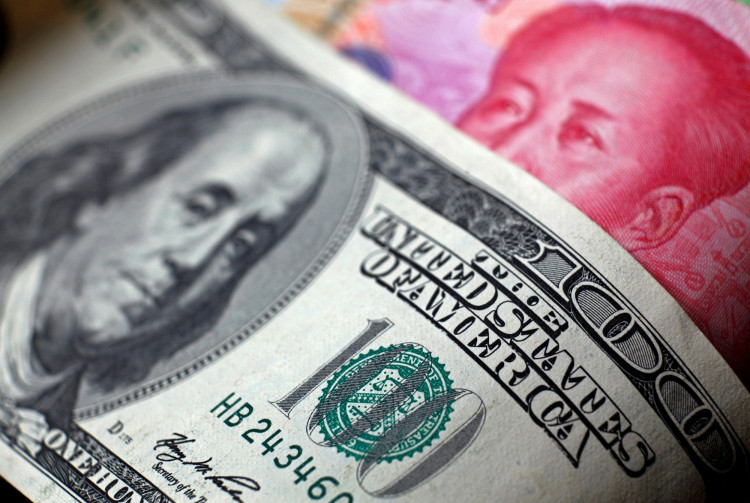On September 22, Gu Zhao Ming, Chief Economist of Nomura Research Institute, addressed the Bund Financial Summit, revisiting the concept of a "balance sheet recession."
A Rising Concern
Previously, Gu had sparked industry discussions by suggesting the possibility of China entering a balance sheet recession during a public lecture. He noted that determining whether an economy is in such a recession requires data on "who is borrowing and who is lending." Currently, this data is not available for China.
Gu observed that many are repaying debts and are hesitant to borrow, even with low-interest rates. This behavior suggests growing concerns about a potential real estate bubble burst, leading to a reluctance to borrow and a preference to save. If this trend continues, it could lead to a balance sheet recession.
Learning from Japan's Past
Gu provided a backdrop of Japan's economy in the 1980s. Japan had a trade surplus, and the yen was consistently appreciating. Trade tensions between the U.S. and Japan were intense, primarily because Japan was a relatively closed market, favoring exports over imports. This stance was a significant factor in Japan's subsequent economic downturn.
He argued that if Japan had opened its market earlier and allowed more U.S. imports, the yen might not have plummeted as it did. Producing quality products without a market doesn't foster economic growth, a lesson Japan learned the hard way.
Gu mentioned that the term "balance sheet recession" emerged around 1997. Post the economic bubble, he wanted to understand the liquidity in Japan's banking system. He found that most entities had no demand for funds and were continuously repaying their debts. After the bubble burst, asset prices dropped, but liabilities remained, pushing balance sheets to the brink of bankruptcy.
In such scenarios, if a company has a decent cash flow, it can repay its debts. Without cash flow, the company is likely to collapse.
He emphasized that if everyone is repaying debts and central banks reduce interest rates to zero, it won't help. This situation can lead to deflation. Essentially, if no one is borrowing and everyone is repairing their balance sheets, monetary policies become ineffective.
A Global Perspective
Gu believes that the U.S., Europe, and Japan all face balance sheet issues. In a "balance sheet recession," the government must borrow to keep the economy running. Central banks should be the last resort for borrowers, and the government should be the final lender. While Japan's efforts were not perfect, they managed to keep their economy operational.
He feels that Europe should undergo structural reforms. However, the primary issue is that Europe hasn't addressed its balance sheet problems. The economy will continue to decline unless this issue is resolved, and waiting for structural reforms might be too late.
"Europe must recognize that they are in a balance sheet recession and should act more swiftly," he said.
Gu also touched upon the U.S. economic trajectory, noting that the U.S. was at the epicenter of the 2008 global financial crisis. Yet, the U.S. economy recovered faster than other nations due to fiscal stimulus policies. In contrast, Japan and Europe missed the mark by not implementing fiscal stimulus, making the post-crisis aftershocks more significant for them.





